Many studies have assessed the risk of depression in the mothers of infants, but fewer studies have focused on the risk of depression in the mothers with older children.
This is one of the few – and certainly the largest – study to explore the risk of depression in mothers of older children, utilizing data from a nationally representative sample of 7,211 fathers and mothers living in households with children aged 5-17 years. These families were participants in the Medical Expenditure Panel Survey (MEPS) between the years of 2004 and 2006. The Patient Health Questionnaire-2 (PHQ-2) was used to assess parental depressive symptoms, and the Short Form-12 (SF-12) was used to examine paternal and maternal physical health.
About 17% of the mothers screened positive for depression, suggesting that the mothers of older children are just as vulnerable to depression as the mothers of infants.
The following factors were associated with increased risk of maternal depression:
- Maternal unemployment (adjusted odds ratio [AOR] = 1.76)
- Poor maternal physical health (AOR = 2.31)
- Living with a child with behavioral or emotional problems (AOR = 2.95)
- Paternal depressive symptoms (AOR = 5.11)
The last one on the list – paternal depressive symptoms – is the most concerning. Not only does depression in the father seem to exert the strongest effect on the mother’s risk for depression, but having two depressed parents places the child at much higher risk for behavioral and emotional problems than when only the mother is depressed. While we have placed such an emphasis on screening for postpartum depression, this study suggests that perhaps we should cast a wider net, perhaps screening all women with children for depression.
Ruta Nonacs, MD PhD
Rosenthal DG, Learned N, Liu YH, Weitzman M. Characteristics of Mothers with Depressive Symptoms Outside the Postpartum Period. Matern Child Health J. 2012 Aug 10.

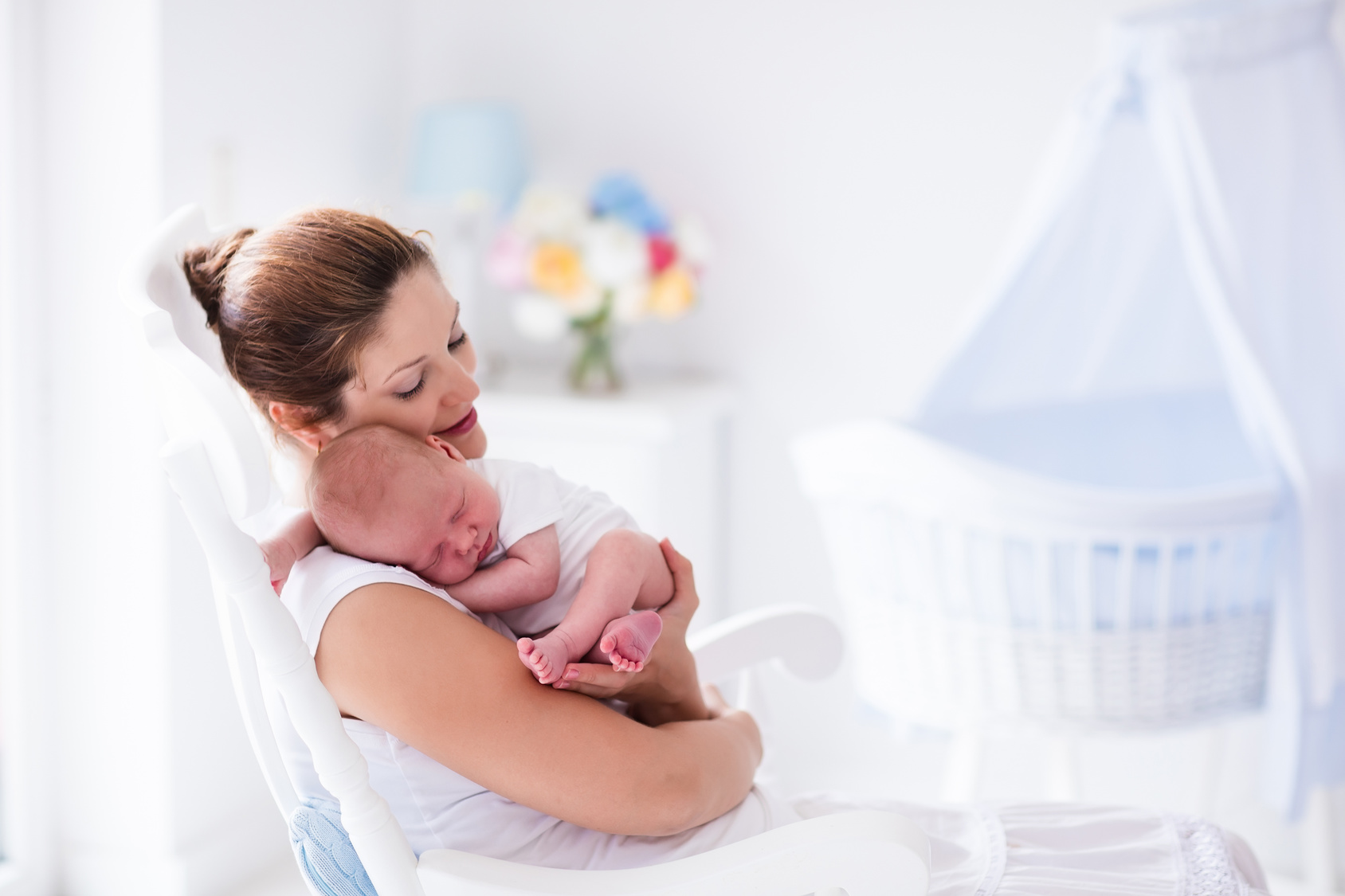
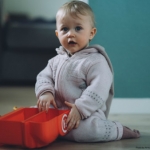
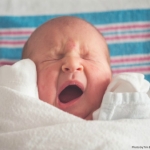
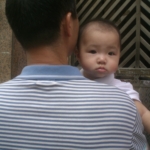
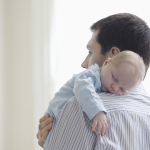

That people, both men and women, get and have depression of all sorts is not news. How one comes to suffer from it is the question. Especially, as this study suggests, it is paramount to know how one comes by it. Physiologically is not even the greatest means to get a condition of depression. Guilt, false or correct, and other actual psychological and perceived moral conditions have always been the stem cause; much more so by far than chemical causes. There is no a soul on earth (outside of the growing population of reprobate selfish humans) who is not fending off potential and actual pangs of guilt that can, if unaddressed and or, not fended off by any of an array of arrested actions, cannot be overcome by depression on just about every day. Guilt remains the greatest cause of depression. Since drugs have become the new world wide religion it has become sacrilege to say they are non-consequential in the vast percentage of cases of depression. The drug culture deludes itself by making sacrosanct its unquantifiable opinions as fact. They accuse religion of that very thing they command of society is unassailable truth. Some conditions of depression may have chemical imbalance, most is due to guilt because of failure in relationships, degrees of selfishness, pride, self-love, self disdained hedonism and a host of other hyphenated “self” words that can be found in any excellent Oxford or Websters Expansive English Dictionary.